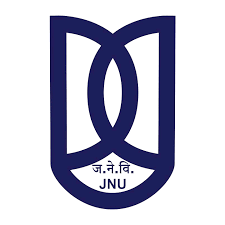The Jawaharlal Nehru University (JNU) Students’ Union election for the 2025-26 academic session entered a key phase on October 27, 2025, as nomination forms were filed by aspiring candidates. The electoral timeline was set in motion with the issuance of nomination forms on October 25, followed by submissions on October 27 between 09:30 am and 5:00 pm. The scrutiny of nominations and withdrawal window are scheduled for October 28, with the final list of candidates expected to be released the same evening.
Campaigns ramp up as student groups engage
After nomination finalisation, campaigning on campus is expected to intensify. The electoral schedule includes:
- School-level General Body Meetings (GBMs) from October 29 to 31.
- University-wide GBM on November 1.
- A presidential-debate-style event on November 2, enabling candidates to present platforms and engage students. One day, November 3, has been designated as a “No Campaign Day” to give students a reflection period before polling. Major student organisations such as Akhil Bharatiya Vidyarthi Parishad (ABVP) and All India Students Association (AISA) are already active in outreach, particularly in hostels and academic blocks. The university has emphasised adherence to electoral guidelines and set up a grievance redressal cell for transparency.
Key dates for polling and results
The student election polling is slated for November 4, 2025. Vote counting will commence in the evening of the same day, with a result declaration expected on November 6, 2025. Below is a summary of the key dates:
Significance of the process for campus democracy
The JNU Students’ Union elections are a longstanding part of campus political culture, and the 2025-26 cycle underscores strengthened institutional oversight, including an independent grievance mechanism and detailed schedule rollout. For student participants and observers, the nomination stage marks the transition from internal student group discussions to a formally regulated electoral contest. With campaigning about to peak, attention will centre on how major student bodies articulate issues like academic reforms, campus amenities and student welfare.


